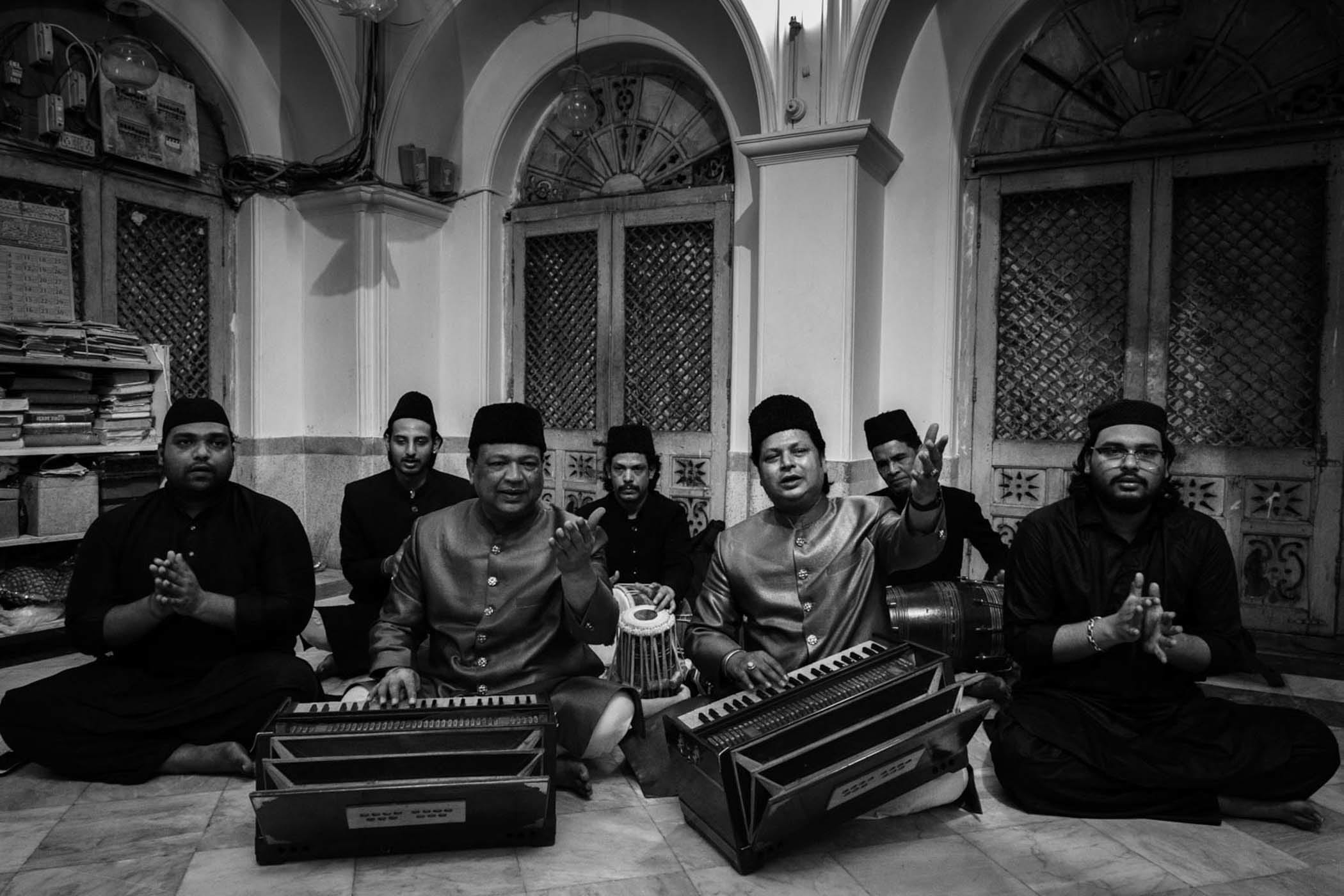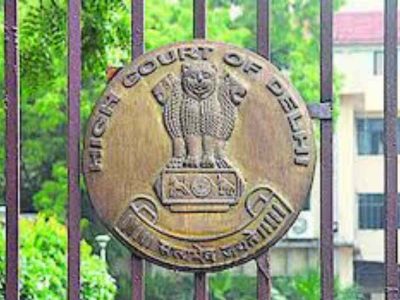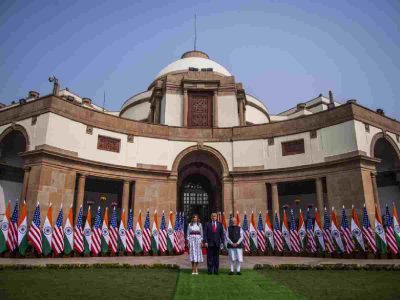Dedicated to Qawwali practitioners, IIC presents an exhibition of photographs titled ‘The Qawwali Photo Project – An Untold Story’
Unfolding through the eyes of photographers Dinesh Khanna, Mustafa Quraishi and Leena Kejriwal this show documents Qawwals like never before. The practitioners are photo-documented with their performance art, their lives and their association with the Sufi shrines where they perform.
The images of practitioners with their families, in their everyday lives and in their interaction with audiences and the pulsating connection of energy between them finds a place in the exhibition.
Conceptualised by Manjari Chaturvedi, the photography exhibition explores the art form through the power of images as a means of expression and communication. The images of the Qawwali practitioners are uniquely shot amidst the people in an organic, non commercial set up.
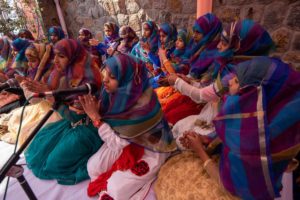
The Qawwals of the subcontinent have largely remained faceless, of course a name and a music that people associate with, but not the face of the man. This is what led to the formation of this project, to show the real faces behind this music. These musicians come from families where artistic knowledge and practice has been passed down for generations like a precious heirloom.
Dinesh Khanna’s stories traverse the important shrines of Delhi, Amritsar, Jaipur, Hyderabad and Ajmer and bring out the intricacies of traditions as an integral part of the music at the shrines. The Qawwals give him a peek into their own lives as he follows them at various places.
Mustafa Quraishi’s photo story is shot in the two prominent shrines of Dewa Sharif and Safipur ironically linked to each other. Interestingly as an oral narrative it is said that when Waris Ali Shah the saint from Dewa, was born, his father Qurban Ali Shah was 90 km away in Safipur at the Shrine where he was informed with a famous prophecy that his son will become one of the tallest spiritual saints of the region. With equal aplomb Mustafa explores the resistance at Delhi and the complete serenity and grandeur of grace of Hazrat Salim Chisti.
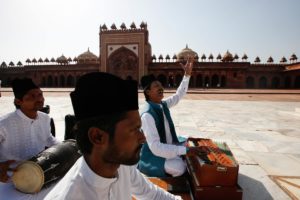
Leena Kejriwal’s story captures the interesting deviation from the tradition, the presence of women Qawwali performers. In a largely androcentric performance art, it is important to document the women breaking barriers and participating in performing this music. The story continues where the Qawwals at the shrine of Hazrat Nizanuddin Aulia at Delhi are captured as they sing in their daily rituals not as a performance but as a prayer to their Pir.
As part of the inauguration there will be a Dastaan-e-Qawwali presented by Askari Naqvi and solo recitations of Qawwals by new voices at each evening during the course of the exhibition.
The exhibition is on display at India International Centre from November 17 to 28
(Cover: Warsi Bros Hyderabad Jul21-142)

